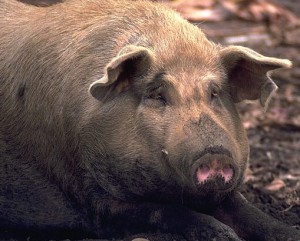The global financial crisis is set to get worse, with a large US bank likely to collapse in the next few months, a former IMF chief economist has warned.
Kenneth Rogoff’s comments came as shares in Fannie Mae and Freddie Mac sank on a report that the home lenders would, in effect, be nationalised.
Despite hopes that the US economy had turned the corner, Mr Rogoff claimed it was “not out of the woods”.
“I would even go further to say ‘the worst is to come’,” he said.
“We’re not just going to see mid-sized banks go under in the next few months,” said Mr Rogoff, who held the IMF role between 2001 and 2004.
“We’re going to see a whopper, we’re going to see a big one, one of the big investment banks or big banks.”
———–
From the marbled 20th floor of a glass tower in Canary Wharf the view of the river is breathtaking. It snakes down to the Thames barrier, glinting in the sunset. Close to the new city lie the serried ranks of East End estate blocks. The view is typical of London: glossy new wealth nestling close to old and persisting penury. Precious little money has trickled down from this gilded new town in the sky to its neighbours below.
The view is a reminder of the widening gap. History, many like to believe, is a Whiggish tale of wealth, social progress and fairer distribution, an onward march: we all wear the same clothes, meet on equal terms on Facebook. Yet background predicts who will run the banks and who will clean their floors. It’s not happenstance; it is largely pre-programmed. General mobility is a myth. The top 10% of income earners get 27.3% of the cake, while the bottom 10% get just 2.6%. Twenty years ago the average chief executive of a FTSE 100 company earned 17 times the average employee’s pay; now it is more than 75 times.
———-
Not Keeping Up With Our Parents: The Decline of the Professional Middle Class
by Nan Mooney
From Publishers Weekly
Young people who were raised to believe that a college education guarantees them a spot in the middle class are instead grappling with rising levels of debt, stagnant wages and ballooning basic expenses, argues Mooney, [who] suggests that college graduates who choose creative or service professions, such as journalism, teaching and social work, generally find themselves in low-paying jobs that, paradoxically, require high-priced educations and even graduate degrees. The struggle to pay off student loans sets off a spiral of financial insecurity, as these educated professionals face escalating costs for housing, health insurance and child care.

